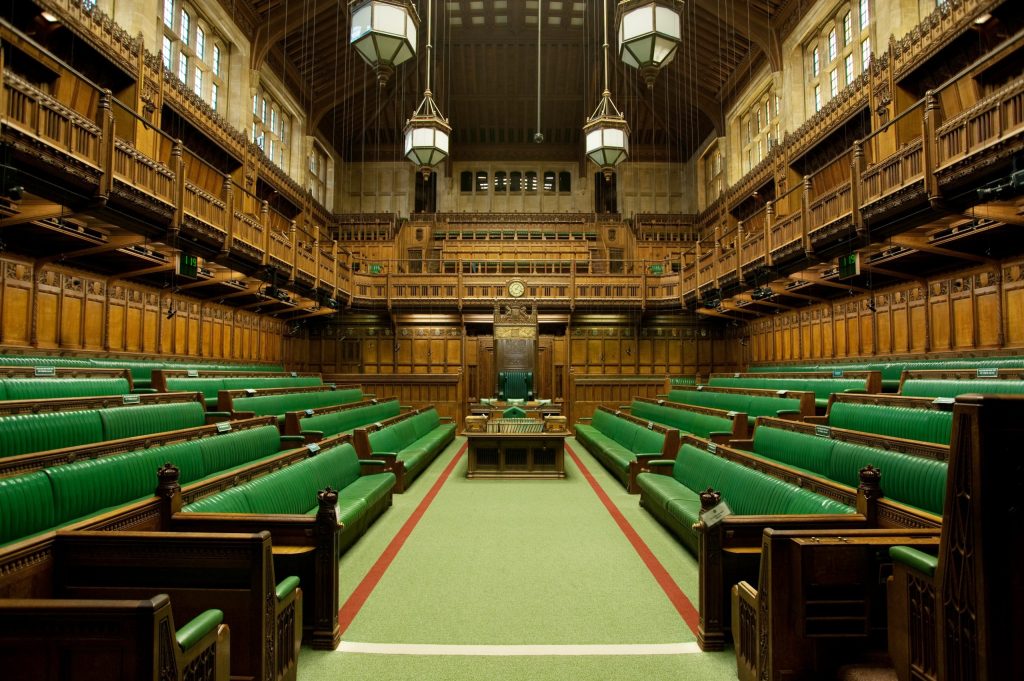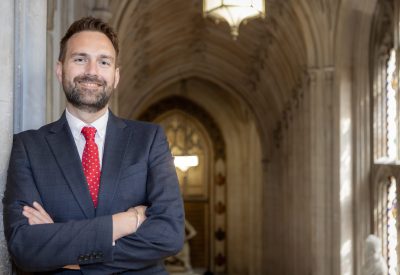When the Welfare Bill was proposed in March, I was one of the first MPs to publicly raise concerns about the Government’s proposed changes to Personal Independence Payments (PIP) and Universal Credit.
While there’s broad agreement that our welfare system needs reform, I’ve been clear from the start: any changes must strike the right balance between encouraging work, protecting the most vulnerable, and being fair to the taxpayer.
Since March, I’ve been working hard with several colleagues behind the scenes to push for a rethink. I’ve focused my efforts on influencing the proposals directly through private engagement with the Prime Minister and Chief Whip and numerous internal conversations with ministers to make the case for change.
Many of you raised the issue that I didn’t sign the amendment last week. At that point, I had come to terms with the fact that I would be voting against the original version of the Bill. I honestly didn’t believe the Government would change its mind at the 11th hour, but I’m glad to see they have.
I have been clear that two red lines had to be addressed for me to consider supporting the Bill in any form:
The changes to PIP and Universal Credit must not affect current claimants.
Any future changes must be subject to a genuinely co-produced review involving disabled people and the organisations that support them.
In the final hours before the vote, I’m pleased to say both of those red lines have now been met which is why I voted for this bill:
Current PIP claimants will be exempt from any changes.
Future claimants will not face the proposed 4-point eligibility criteria until after a comprehensive review, one that will be co-produced with disabled rights organisations and charities.
This is a hugely significant and welcome shift. I’ve opposed the Bill in its original form from the outset, and I now welcome the revised proposals being put forward.
I’m reassured that the health element of Universal Credit will also remain protected, with no changes that reduce people’s income. This is a vital safeguard for the thousands of people across Weston, Worle and the Villages who rely on this support.
At the heart of my concerns from the beginning was a fear that vulnerable people in our community could be made worse off. I’m relieved that the revised plans now protect those most at risk and offer greater peace of mind.
I’m encouraged that the Government has committed to working with disabled people, advocacy organisations, and MPs throughout the review process. That process must be inclusive, evidence-based, and focused on outcomes, and I’ll be fully engaged with it to make sure we get this right for our community.
I was elected to stand up for everyone in Weston, Worle and the Villages, and that’s exactly what I’ll continue to do. I won’t shy away from holding the Government to account when necessary, and I’ll always push for policies that are fair, compassionate, and grounded in evidence.






